Pakistan urges India to reconsider Indus Waters Treaty suspension
Thu 15 May 2025, 00:30:36

Just a few days into the ceasefire after the Indian Armed Forces left its defence and military shattered, Pakistan has now reportedly written to India, urging it to resume flow of rivers into its territory under the Indus Waters Treaty which New Delhi has put into abeyance.
Pakistan's Ministry of Water Resources has reportedly written a letter to New Delhi to reconsider the decision, media reports have claimed.
The Indus Waters Treaty is a pivotal water-sharing accord that has endured for over six decades. The plea comes after India halted the 1960 agreement in the wake of yet another Pakistan-backed terrorist attack, this time in Jammu and Kashmir’s Pahalgam on April 22, which left 26 civilians dead, mostly tourists.
India, invoking its national security prerogative, has placed the treaty in abeyance until Islamabad "credibly and irrevocably" ends its support for terrorism. The move was endorsed by the Cabinet Committee on Security (CCS), the apex decision-making body on strategic affairs, marking the first time New Delhi has hit pause on the World Bank-brokered agreement.
In a letter sent to India's Ministry of External Affairs, the Pakistani ministry warned that suspending the treaty would trigger a crisis within the country.
However, Indian officials have dismissed these concerns, pointing to
Pakistan's longstanding use of terrorism as a state policy.
Pakistan's longstanding use of terrorism as a state policy.
The treaty allocates three western rivers, Indus, Jhelum, and Chenab, to Pakistan, while the eastern rivers - Sutlej, Beas, and Ravi, remain with India. India has now announced a three-tier strategy -- short-term, mid-term, and long-term to prevent any flow of Indus waters into Pakistan. Jal Shakti Minister CR Patil stated that steps are being taken to ensure not a single drop of water is allowed to leave Indian territory unutilised.
Foreign Ministry spokesperson Randhir Jaiswal reinforced the government’s stance, saying, "The Indus Waters Treaty was founded on goodwill and friendship. Pakistan has trampled on these values by supporting cross-border terrorism for decades."
The strong response follows Operation Sindoor, a swift military campaign launched after the Pahalgam attack, which resulted in a brief ceasefire agreement. But New Delhi has made it clear: dialogue with Islamabad will now be limited to one agenda—ending terrorism and ensuring the return of Pakistan-Occupied Kashmir.
Prime Minister Narendra Modi, in his first televised address since Operation Sindoor, underlined the government’s uncompromising position. “Water and blood cannot flow together,” he declared. “Terror and talks cannot happen at the same time. Terror and trade cannot happen simultaneously.”
No Comments For This Post, Be first to write a Comment.
Most viewed from National
Most viewed from World
AIMIM News
Latest Urdu News
Most Viewed
May 26, 2020
Which Men's cricket team will win the Asia Cup 2025 trophy?
Latest Videos View All
Like Us
Home
About Us
Advertise With Us
All Polls
Epaper Archives
Privacy Policy
Contact Us
Download Etemaad App
© 2025 Etemaad Daily News, All Rights Reserved.


.jpg)
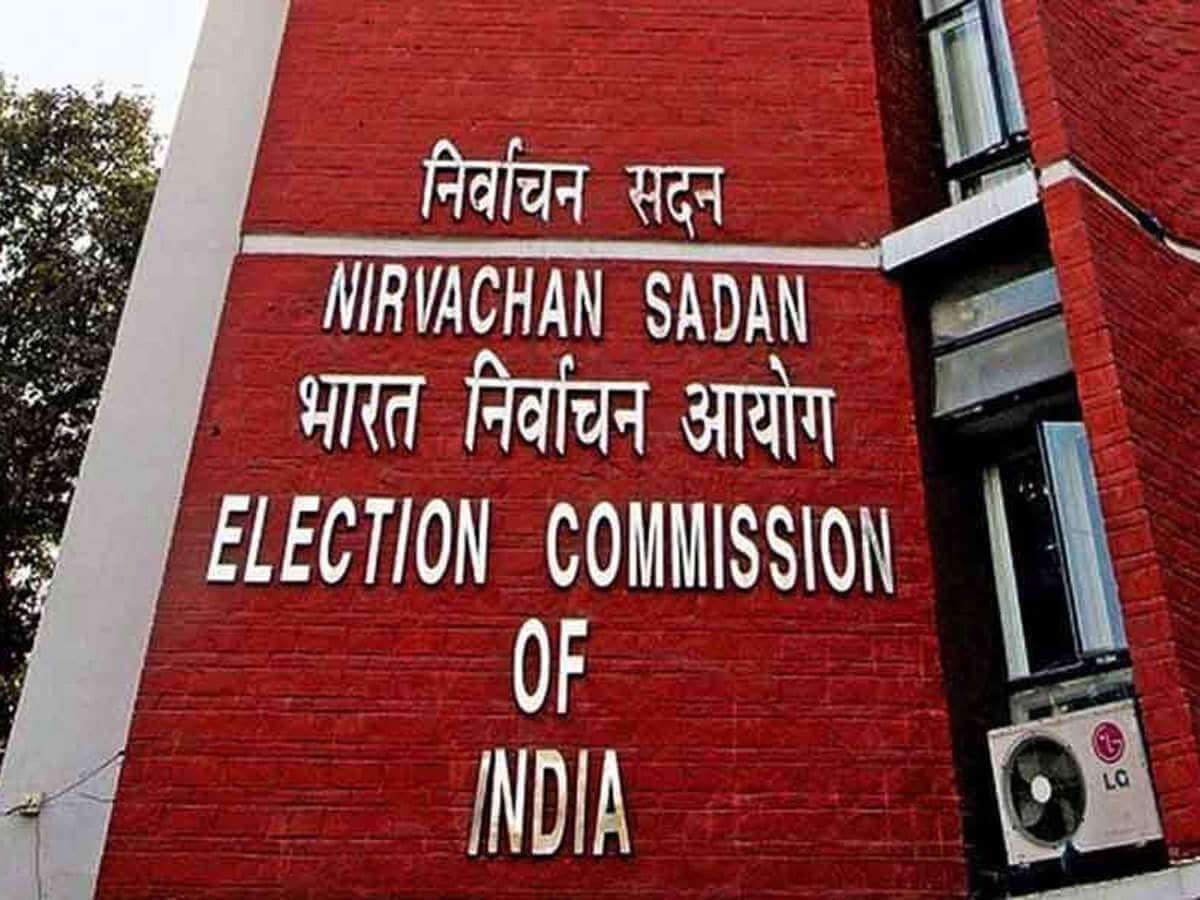
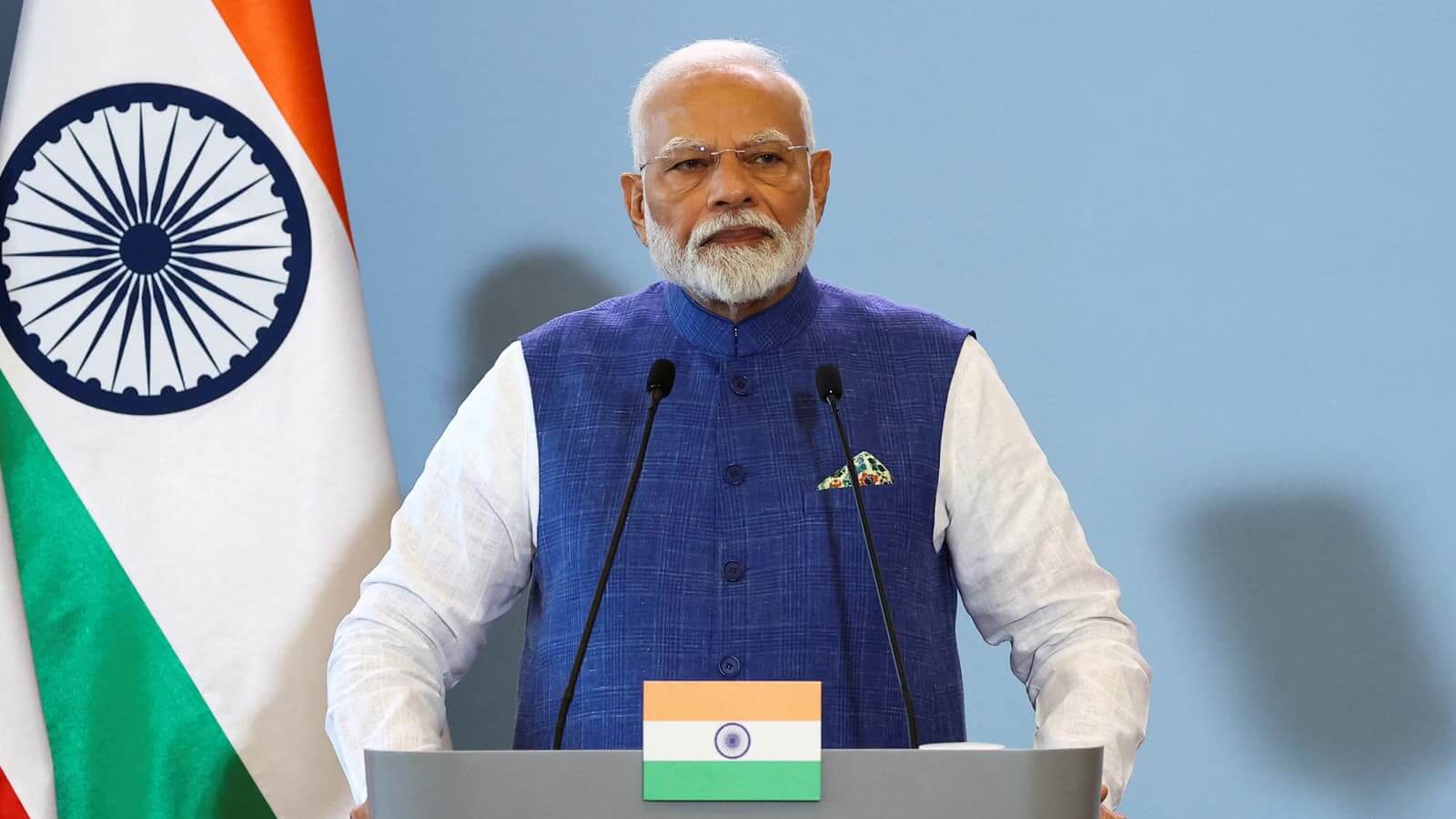
.jpg)
.jpg)
.jpg)
.jpg)





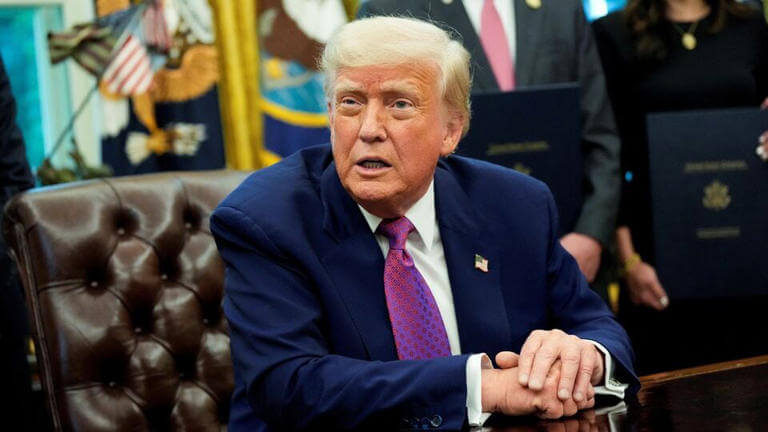



.jpg)
.jpg)

.jpg)

.jpg)
.jpg)









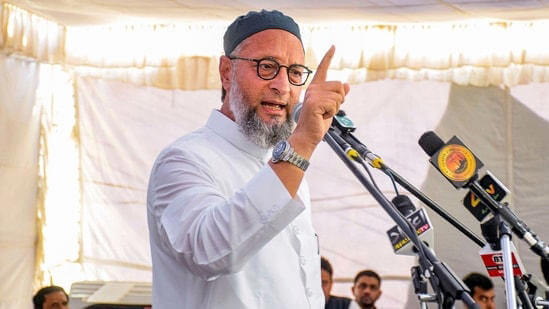
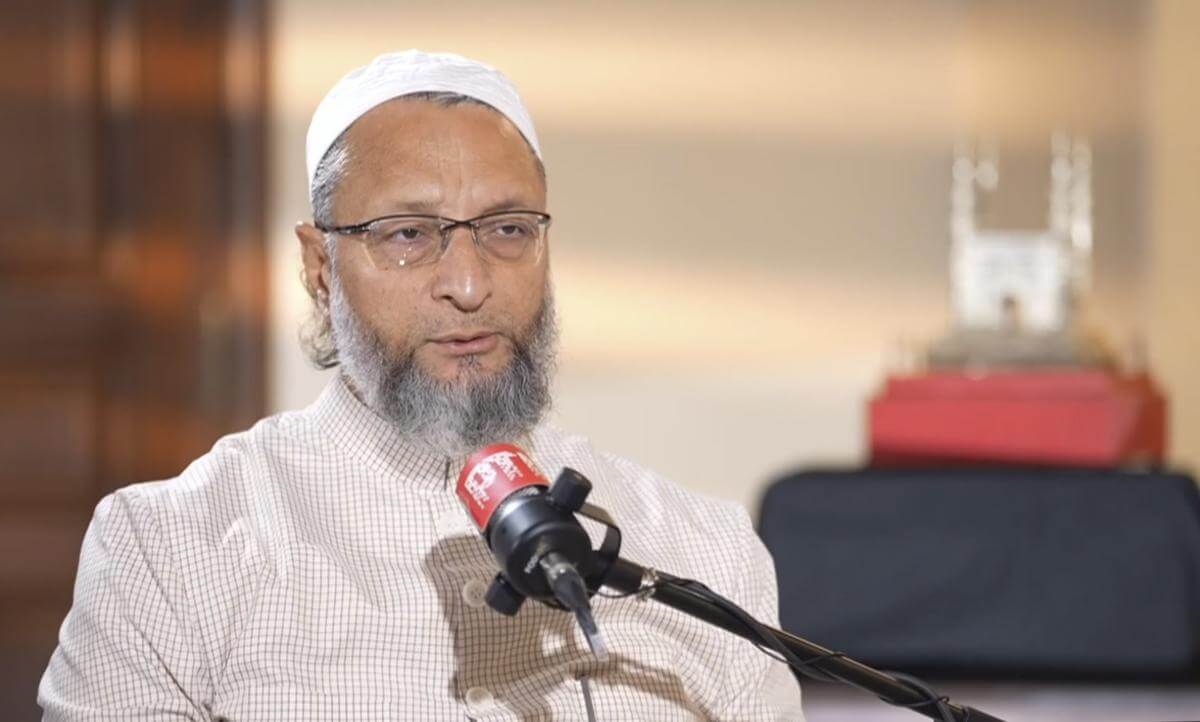
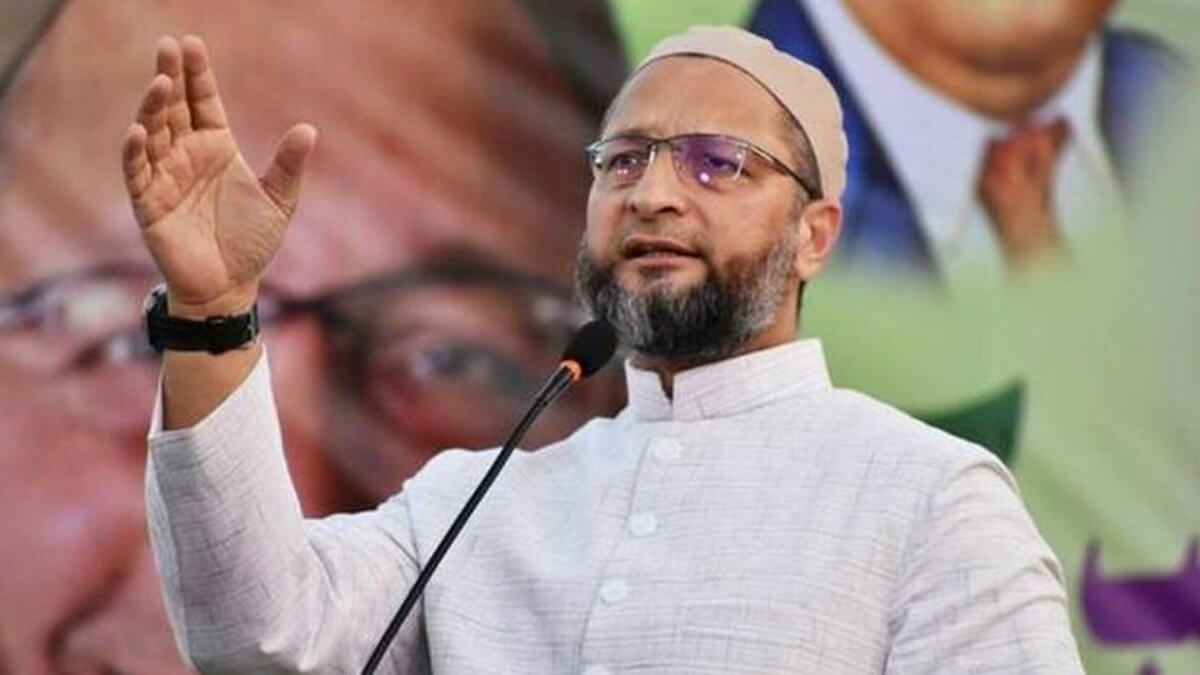
.jpg)
.jpg)
.jpg)


